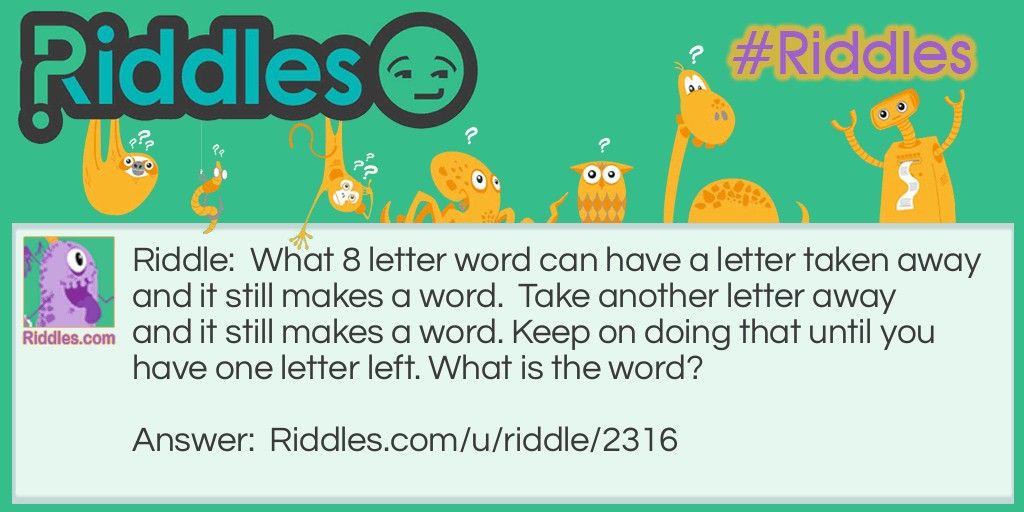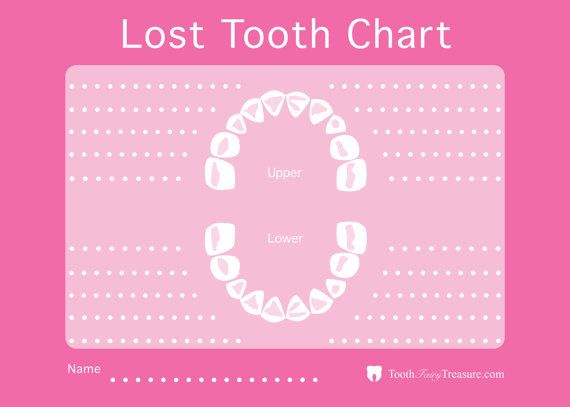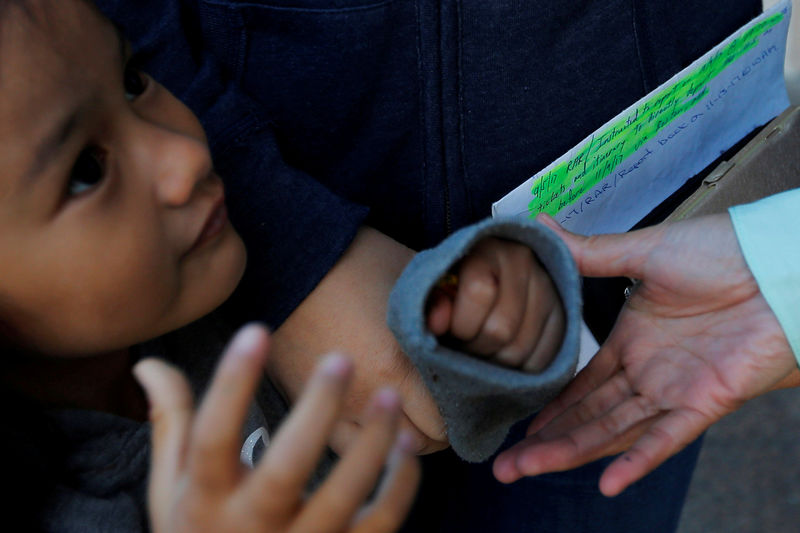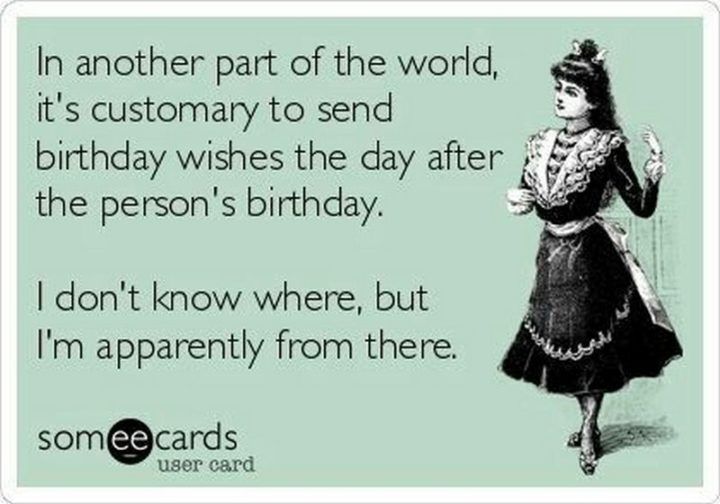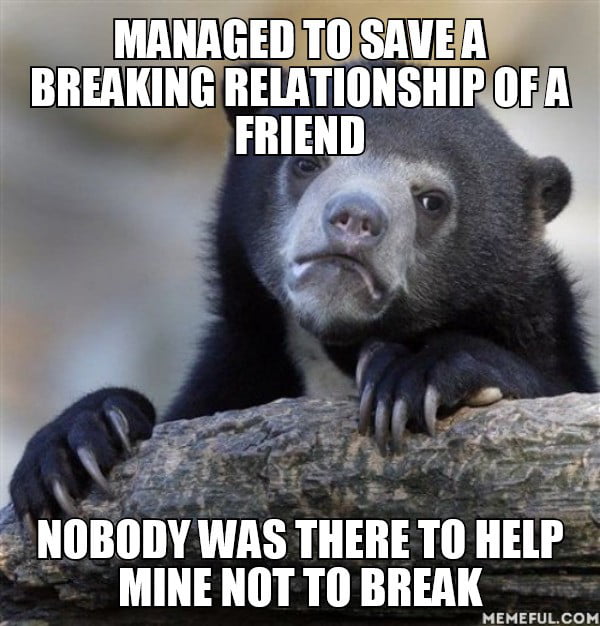How many pages in a child called it
A Child Called “It” – Colorful Book Reviews
“The story has two objectives: the first is to inform the reader how a loving, caring parent can change to a cold, abusive monster venting frustrations on a helpless child; the second is the eventual survival and triumph of the human spirit over seemingly insurmountable odds.” page 164
A Child Called “It”: One Child’s Courage to Survive by Dave Pelzer.
Health Communications, Inc. Deerfield Beach, Florida, 1993.
Adult memoir, 184 pages.
Lexile: 850L .
AR Level: 5.8 (worth 5.0 points) .
NOTE: Despite the reading level, these are books written for adults, not MG readers.
The early childhood of a severely abused boy.
This is the first, and most well-known, book in an autobiographical trilogy. Dave Pelzer was one of the most severely abused children in California. His father kept his mother from murdering him, but otherwise he was routinely tortured, starved, beaten, and otherwise maltreated.
The entire book should probably not be read by anyone who might find these events triggering. His parents also rely heavily on alcohol and his mother occasionally turns her rage from him to his father or others. It’s interesting that few reviews remark on this being an example of domestic abuse from a woman to a man. Male perpetrators are certainly more common, but it’s important to recognize that women can be abusers as well and to validate and hold a mirror up for male victims of abuse.
While the book is intense, it’s not overly emotional (although it can feel overwrought at times). Pelzer narrates with a steady, precise flow, documenting what it felt like for him to be a child in the total control of a sociopathic parent. I remember crying and crying on my first read through. However, after hearing or reading the stories of other children, this book is not so affecting on the second readthrough.
Chapter one is called The Rescue, and it moves forward in time to March 5th, 1973. The book starts by telling us that Pelzer made it out, but it doesn’t really lessen any of the tension because he barely survived. Chapter two feels a bit incongruous as Pelzer waxes poetic about the early years of his life, before the abuse started. There are definitely early signs of mental illness and family discord. Chapter three takes a dark turn as Pelzer is singled out for persecution in the family. By the fourth chapter she is starving him, and school is his only lifeline. Before second grade she had stopped using his name and begun dehumanizing him.
The book starts by telling us that Pelzer made it out, but it doesn’t really lessen any of the tension because he barely survived. Chapter two feels a bit incongruous as Pelzer waxes poetic about the early years of his life, before the abuse started. There are definitely early signs of mental illness and family discord. Chapter three takes a dark turn as Pelzer is singled out for persecution in the family. By the fourth chapter she is starving him, and school is his only lifeline. Before second grade she had stopped using his name and begun dehumanizing him.
Chapter five focuses mainly on the time his mother, after threats to murder him are no longer effective, actually stabs him. Throughout the book, Pelzer’s father is slowly becoming more and more distant and giving in to his mother more and more. Eventually chapter six is about the ways in which the abuse escalates, starting when his father is not around, and eventually even when his father is there. Pelzer is forced to drink bleach, eat feces, and breathe a toxic mixture.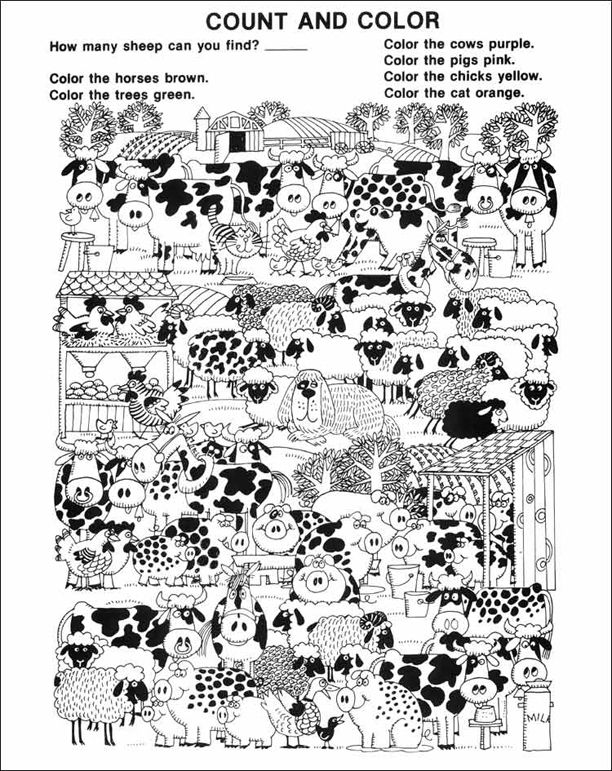 He’s drowned, choked, and starved for days. He’s not allowed a change of clothes and rarely gets to bathe.
He’s drowned, choked, and starved for days. He’s not allowed a change of clothes and rarely gets to bathe.
By fifth grade Pelzer is not only a school pariah, but he’s so deeply traumatized that he’s starting to loose himself. But there are also signs that others are finally starting to recognize what’s happening to him and the authorities will eventually intervene.
After the rather quick six chapters comes an overly flowery epilogue about how good his life is. However, the idea expressed that he was able to change the cycle by becoming a good parent to his son is indeed very meaningful. After the epilogue my edition has 4 short essays on the topic of child abuse, a poem, and information on national reporting hotlines.
Peltzer does well narrating difficult topics here, but his writing style won’t be right for everybody. He tends to keep the writing style terse and unemotional, which isn’t very immersive and doesn’t work so well in later books, although it’s a suitable tactic here. This might be a bestseller, but it’s not likely to win any literary awards for the beauty of his prose.
This might be a bestseller, but it’s not likely to win any literary awards for the beauty of his prose.
As one could gather just from the description, this is a book meant for adults, not children or even most teens. Besides the various incidents mentioned above, Pelzer occasionally uses strong language (never gratuitously).
I’m not really sure if I can recommend this one or not. It is certainly vivid and memorable, and child welfare professionals and foster or adoptive parents would probably benefit from reading it. However, this is not a typical case and I’m not entirely sure what the benefit to regular people would be at this time. I am going to keep reading the series though and perhaps will have further thoughts about the potential readership after finishing the second book.
Like this:
Like Loading...
Author colorfulbookreviewsPosted on Categories Book ReviewTags addiction/substance abuse, biography, books for grown-ups, boughtit, Dave Pelzer, disability, foster care, thriftstorefindsA Child Called It by Dave Pelzer: Summary and reviews
About this Book
- Summary
- Excerpt
Book Summary
The unforgettable story of Dave Pelzer, who was brutally beaten and starved by his emotionally unstable, alcoholic mother: a mother who played tortuous, unpredictable games - that left him nearly dead.
This book chronicles the unforgettable account of one of the most severe child abuse cases in California history. It is the story of Dave Pelzer, who was brutally beaten and starved by his emotionally unstable, alcoholic mother: a mother who played tortuous, unpredictable games--games that left him nearly dead. He had to learn how to play his mother's games in order to survive because she no longer considered him a son, but a slave; and no longer a boy, but an "it."
Dave's bed was an old army cot in the basement, and his clothes were torn and raunchy. When his mother allowed him the luxury of food, it was nothing more than spoiled scraps that even the dogs refused to eat. The outside world knew nothing of his living nightmare. He had nothing or no one to turn to, but his dreams kept him alive--dreams of someone taking care of him, loving him and calling him their son.
Chapter 6: While Father Is Away
After the knife incident, Father spent less and less time at home and more at work.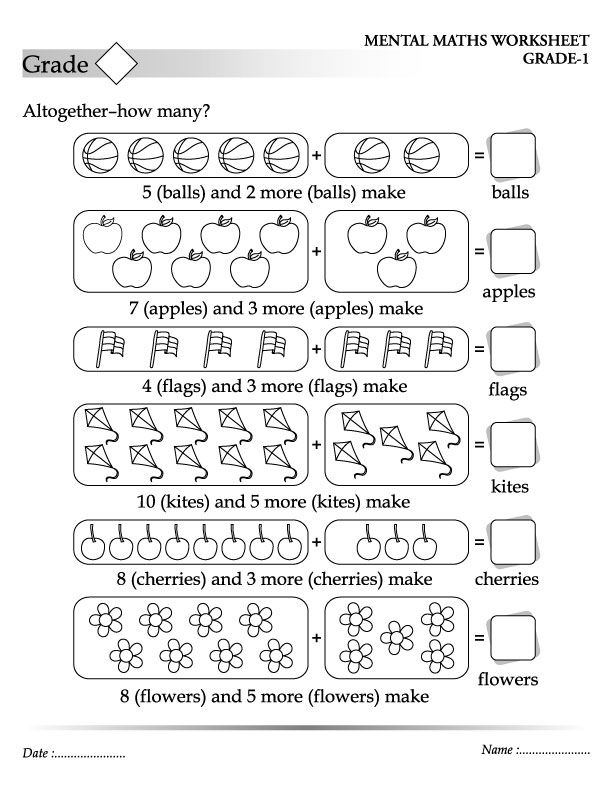 He made excuses to the family, but I didn't believe him. I often shivered with fear as I sat in the garage, hoping for some reason he might not leave. In spite of all that had happened, I still felt Father was my protector. When he was home, Mother only did about half the things to me that she did when he was gone.
He made excuses to the family, but I didn't believe him. I often shivered with fear as I sat in the garage, hoping for some reason he might not leave. In spite of all that had happened, I still felt Father was my protector. When he was home, Mother only did about half the things to me that she did when he was gone.
When Father was home, it became his habit to help me with the evening dishes. Father washed and I dried. While we worked, we talked softly so neither Mother nor the other boys could hear us. Sometimes, several minutes would pass without us talking. We wanted to make sure the coast was clear.
Father always broke the ice. "How ya doing, Tiger?" he would say. Hearing the old name that Father used when I was a little boy always brought a smile to my face. "I'm OK," I would answer. "Did you have anything to eat today?" he often asked. I usually ...
Read Full Excerpt
Membership Advantages
- Reviews
- "Beyond the Book" articles
- Free books to read and review (US only)
- Find books by time period, setting & theme
- Read-alike suggestions by book and author
- Book club discussions
- and much more!
-
Just $45 for 12 months or
$15 for 3 months.
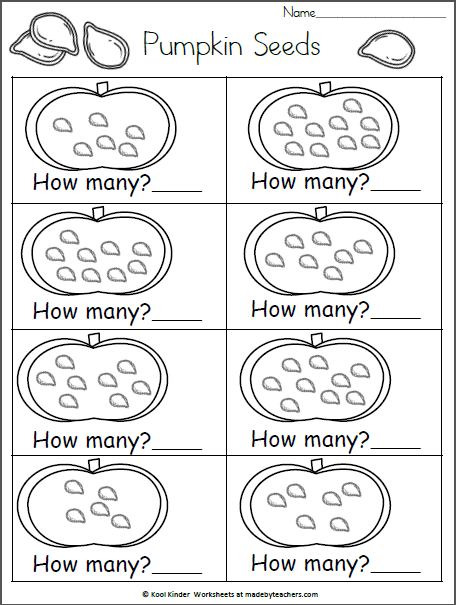
- More about membership!
Reviews
- Media Reviews
- Reader Reviews
Media Reviews
Library Journal
This autobiographical account charts the abuse of a young boy as his alcoholic mother first isolates him from the rest of the family; then torments him; and finally nearly kills him through starvation, poisoning, and one dramatic stabbing. Pelzer's portrayal of domestic tyranny and eventual escape is unforgettable, but falls short of providing understanding of extreme abuse or how he made his journey from "Victim to Victor." It takes some work to get past the poor writing and the self-aggrandizing back matter, but the book tries fervently to provide a much-needed perspective. One of the greater obstacles to healing for males is admitting that they have been victims, especially if their perpetrator is a woman.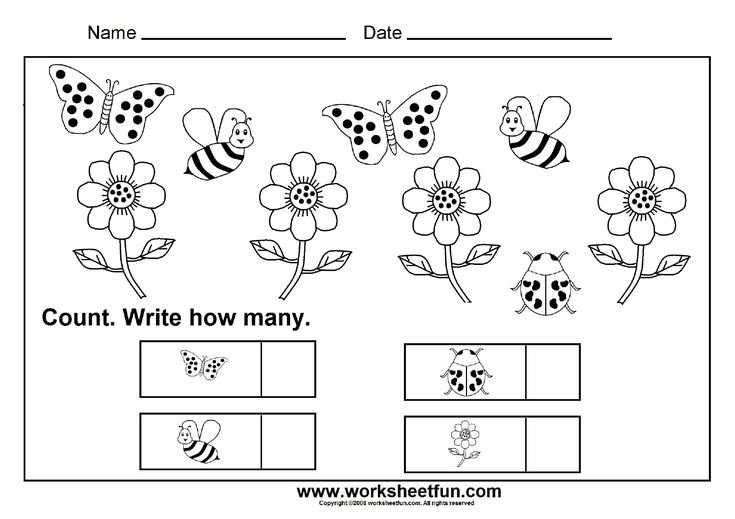 This author has overcome that obstacle and succeeded in life by such masculine norms as joining the Air Force and receiving awards for his volunteerism. However, while personal accounts of child maltreatment provide crucial information about the realities of childhood, youngsters need insight and hope in order to digest the raw material of abuse.
This author has overcome that obstacle and succeeded in life by such masculine norms as joining the Air Force and receiving awards for his volunteerism. However, while personal accounts of child maltreatment provide crucial information about the realities of childhood, youngsters need insight and hope in order to digest the raw material of abuse.
Reader Reviews
Dani
The Child Called IT
This book is a must read! It's so addictive. With Covid-19 I read this book in 3 hours, It's so fascinating and heart breaking that at such a young age he had to go through all of that! My mother was used to be a alcoholic, and I still get mentally ... Read More
LeiAnn Richmond
Awesome and heat touching
This book had me in tears when I read the first page!!! It was so true and heart breaking!! This story made me feel like I was in the David Plezer's life and feeling the pain that he was feeling.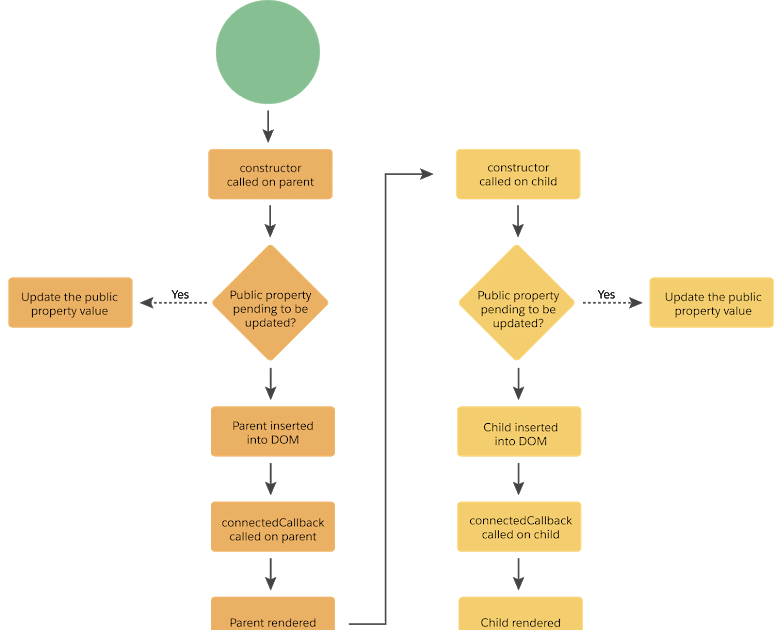 It was probably hard to open up about but I would ... Read More
It was probably hard to open up about but I would ... Read More
Sosefina Lealai
Inspirational and
This Book Is Just Unbelievable. This Book Is So Touching And I Admire It. In Somewhat Way, I Can Actually Relate To Dave Pelzer's Story. My Parents Weren't So Much Like That. Instead, It Was My Parents Family Who Treated Me As If I Wasn't A Human ... Read More
Selene
The child called it
Love it
...Read 266 More Reader Reviews
Write your own review!
Membership Advantages
- Reviews
- "Beyond the Book" articles
- Free books to read and review (US only)
- Find books by time period, setting & theme
- Read-alike suggestions by book and author
- Book club discussions
- and much more!
-
Just $45 for 12 months or
$15 for 3 months.
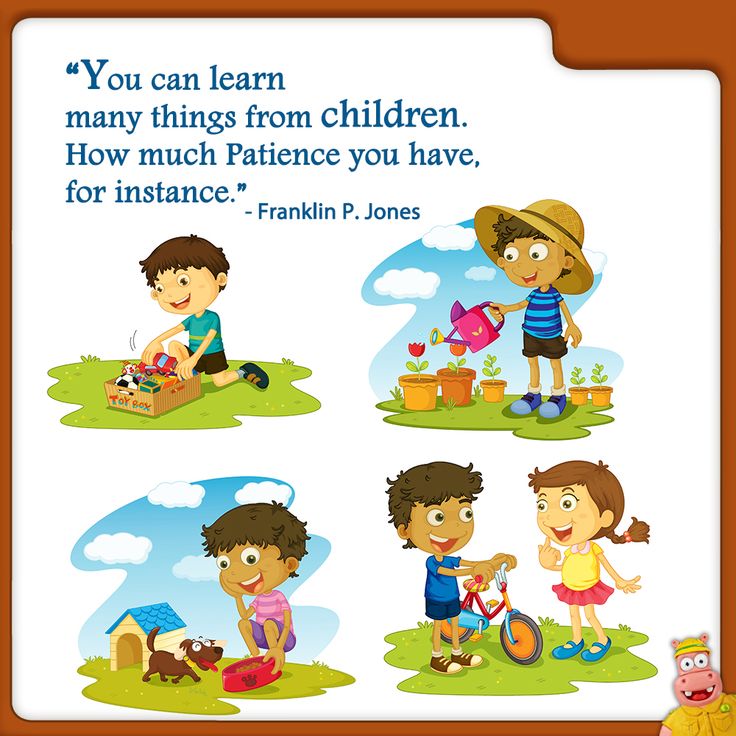
- More about membership!
Readalikes
- Readalikes
- Genres & Themes
Read-alikes
More books by Dave Pelzer
If you liked A Child Called It, try these:
-
Gossamer
by Lois Lowry
Published 2008
About this book
More by this author
Where do dreams come from? Two people face their own histories and discover what they can be to one another, renewed by the strength that comes from a tiny, caring creature they will never see.
-
Puppet Child
by Talia Carner
Published 2002
About this book
More by this author
When the justice system fails her daughter, one courageous mother takes matters into her own hands.
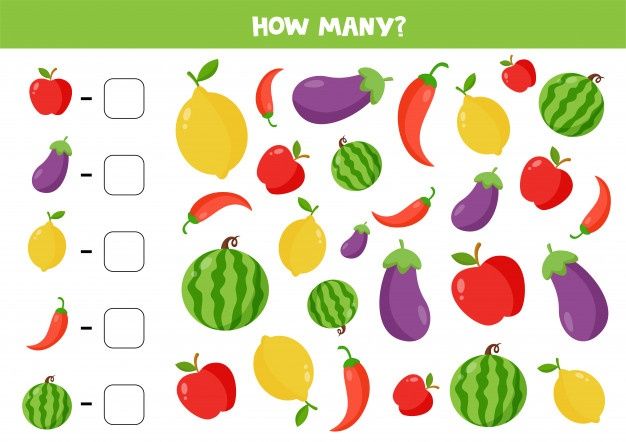 In a wrenching race against time, the safety of one child becomes entangled in the theatrics of Family Court, bottled-up family dynamics, media frenzy, and the pressure of the political machine.
In a wrenching race against time, the safety of one child becomes entangled in the theatrics of Family Court, bottled-up family dynamics, media frenzy, and the pressure of the political machine.
Non-members are limited to two results. Become a member
Search read-alikes again
How we choose readalikes
Books with similar themes
Membership Advantages
- Reviews
- "Beyond the Book" articles
- Free books to read and review (US only)
- Find books by time period, setting & theme
- Read-alike suggestions by book and author
- Book club discussions
- and much more!
- Just $45 for 12 months or $15 for 3 months.
- More about membership!
Reader's diary "Nikita's Childhood" by Alexei Tolstoy
Author: Alexei Tolstoy.
Title of the work: "Nikita's Childhood".
Number of pages: 128.
Genre of the work: autobiographical story.
Main characters: Nikita, Arkady Ivanovich, father, mother.
Secondary characters: Mishka Koryashonok, Styopa Karnaushkin, Viktor, Lilya.
Characteristics of the main characters:
Nikita is an inquisitive and clever boy.
Growing up and beginning to understand a lot.
Smart and honest.
Father is busy, cheerful, cheerful.
Mother - kind, affectionate.
Arkady Ivanovich - teacher.
Corrosive, cunning, persistent.
Characteristics of secondary characters:
Mishka Koryashonok is an industrious and industrious boy.
Is an example for Nikita.
Styopa Karnaushkin is Nikita's friend, a strong and warlike boy.
Victor Babkin — son of mother's friend.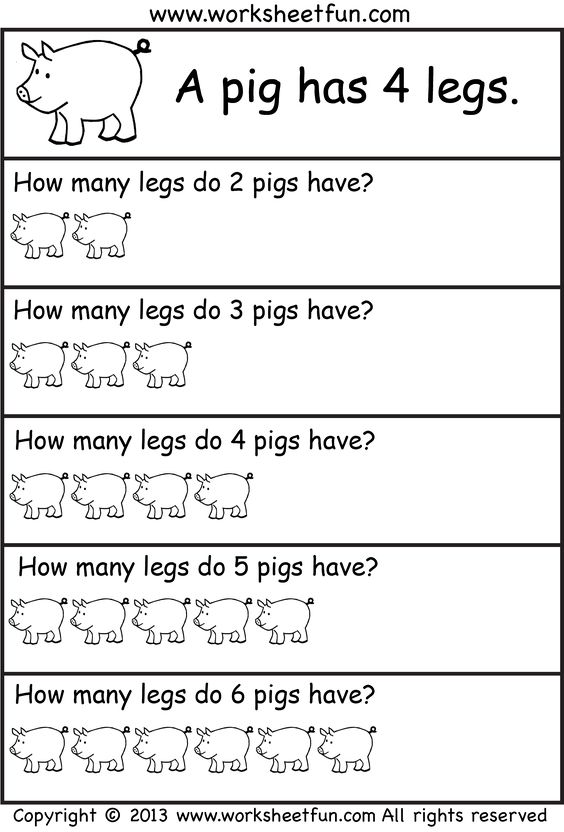
The same age as Nikita. Braggart.
Lilya Babkina is a beautiful girl with blue eyes.
Nikita's first love.
Summary of the story "Nikita's Childhood"
Christmas was approaching.
Nikita enjoyed riding down the hill and playing with the village children, but the teacher often called him to do his homework.
One day the boys started a fight with the neighboring guys, and the hero made friends with his former enemy, Styopa.
They started spending a lot of time together.
Once Nikita had a strange dream about a room with a clock.
And soon the guests arrived, the mother's friend with the children.
Nikita immediately took a liking to Lilya, and the girl smiled, looking at the boy's efforts to capture her imagination.
Viktor made friends with the villagers, but he showed himself to be a coward while defending the snow town.
And Nikita kissed Lily for the first time.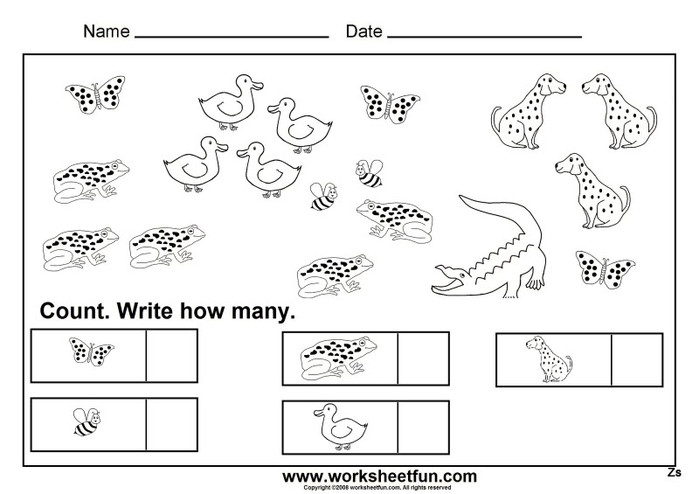
Before leaving, the girl promised to write to him.
Winter has passed, spring has come.
Nikita was ten years old and his father helped him launch a boat, on which the boy became an admiral.
The boy spent a lot of time playing games.
He picked up a starling, naming it Zheltukhin, and the bird began to live in the house.
Then the boy was given a horse.
At the end of the summer, Nikita received a letter from Lily, but he played too much and forgot to answer.
In September the whole family moved to Samara, where the boy was supposed to go to school.
He met Lilya and asked for forgiveness for the letter.
The girl forgave him.
Plan of the story:
- Rolling down the hill.
- Fight with villagers.
- Arrival of guests.
- Beauty Lily.
- Christmas and gifts.
- Clock room.
- Kiss and promises.
- Spring.
- Save the father.
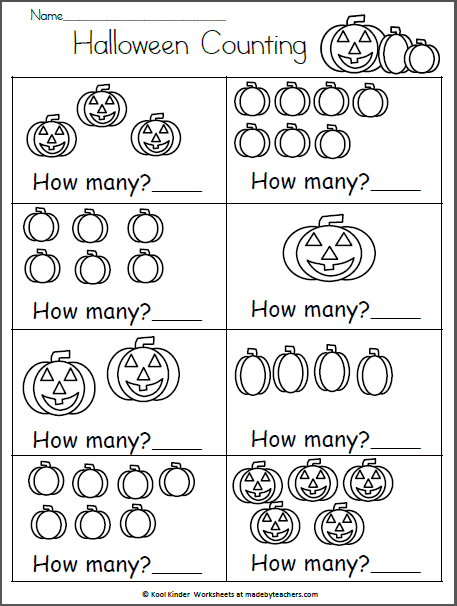
- Zheltukhin.
- Klopik.
- Summer chores.
- Letter from Lily.
- Relocation.
- Forgiveness.
The main idea of the story "Nikita's Childhood"
The main idea of the story is that childhood is the best time in the life of every person.
The main idea of the story is that it is at this time that the foundations of the character of the future adult are laid.
A child learns to be responsible for his actions, to distinguish good from bad.
What the work teaches
The story teaches to value time and use it with benefit.
Teaches you how to play and have fun while you can.
Teaches you to keep your word and act according to your conscience.
Teaches you not to be afraid of anything and never back down.
The story also teaches humanity and kindness.
Teaches respect for all people, regardless of their social status.
Brief review of the story "Nikita's Childhood" for the reader's diary
After reading this story, I involuntarily envied the main character.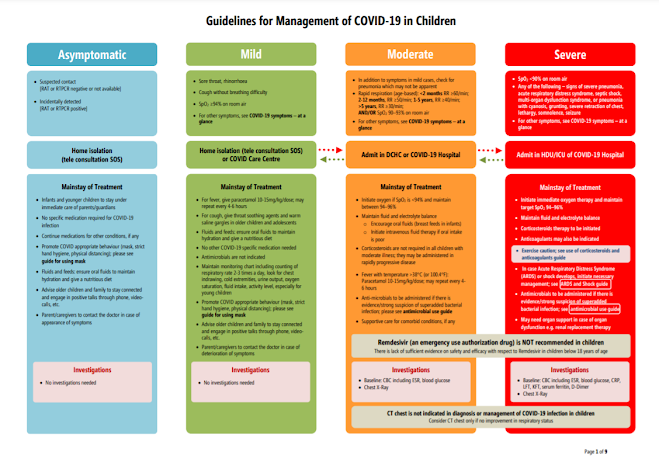
So carefree and cheerful he spent his childhood.
The boy had a lot of interesting things to do, he had real friends.
And the first love came to him.
The story is written in a very easy and understandable language.
It captivates from the first pages and makes you empathize with the characters, imagining yourself in their place.
The author managed to write a real poem about a happy childhood.
This is largely an autobiographical story, which makes it even more valuable in the eyes of readers.
I really like the main character.
He is a simple boy who does not boast of his origins and does not hesitate to play with the village boys.
He is very lively and kind, loves nature and animals.
And Nikita always tries to be honest.
I also liked the girl Lilya.
She is romantic and well-mannered, but at the same time a great inventor and a ringleader.
There are simply no negative characters in the story.
I advise everyone to read this work and plunge into the world of a happy childhood.
Learn more about the way of life of our peers at the end of the century before last.
Proverbs to the work:
- Every youth is full of playfulness.
- Childhood is a golden time.
- To live and grow up, and also to grow wiser.
- Young and smart - two lands in him.
- Youth cannot be returned, you have to live according to your years.
Dictionary of unknown words:
- Expanse - expanse.
- Calligraphy - teaching beautiful writing.
- Cart with a horse.
- Ludskaya - guest room.
- Convoy - several wagons.
- Dry - dry.
- to bother - to achieve something.
- Sowing - sowing grain.
- Matins - early church service.
- Gelding - stallion.
- Flagstaff - pole for the flag.
- Mowing - hay harvesting.
The passage that struck me the most:
My father spoke in a whisper:
- Arcadia to sink.
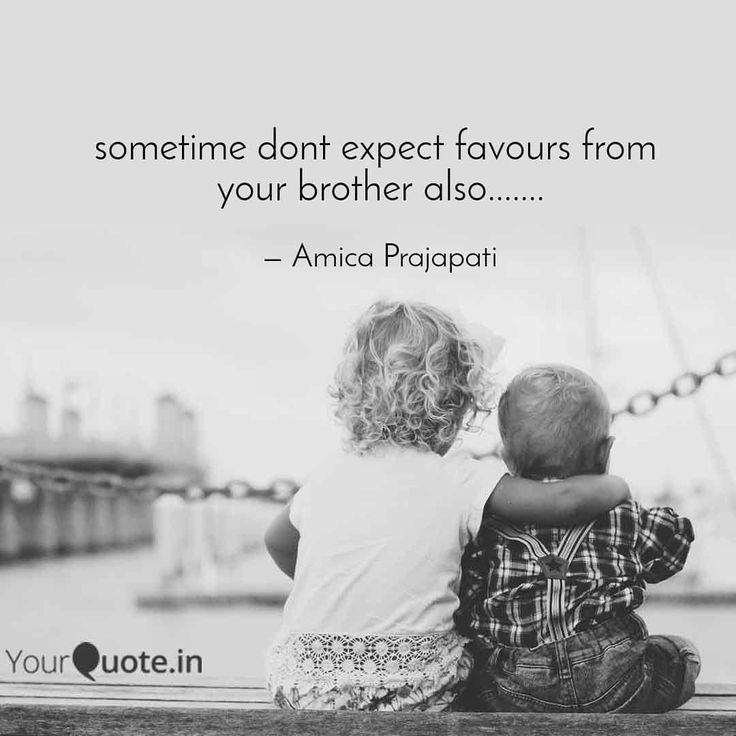
They separated and swam from two sides to Arkady Ivanovich, who due to myopia did not notice the surroundings.
Swimming up, they rushed to him on fathoms.
Arkady Ivanovich, having roared, began to rush about, leaning out to the waist, and dived.
They caught him by the legs - he was more than anything else afraid of being tickled.
But it was not easy to catch him—most often he left, and when Vassily Nikitievich and Nikita returned to the bath, Arkady Ivanovich was already sitting on a bench in linen and spectacles, and he was saying with hurtful laughter:0003
- You have to learn to swim, gentlemen.
More readers' diaries based on the works of Alexei Tolstoy:
- "The Adventures of Pinocchio"
The library of the author's works is being replenished.
L.N. Tolstoy. Autobiographical trilogy. "Childhood" (Chapters "Maman", "Childhood")
Purpose: Acquaintance with the autobiographical trilogy. Analysis of chapter "Maman", "Childhood".
Analysis of chapter "Maman", "Childhood".
Tasks:
- to expand students' knowledge about the personal and creative biography of the writer;
- to acquaint with the history of the appearance of the autobiographical trilogy: "Childhood", "Boyhood", "Youth";
- consider the image of childhood as a special, responsible time in a person's life;
- follow the moral development of Nikolenka, show the moral meaning of the hero's actions;
- help students reflect on their relationships with adults;
- be able to analyze the read text and, as a result of the analysis, determine what means the author uses to express the feelings, emotions, experiences of his hero.
Lesson type: lesson for learning new material.
Methods and techniques:
- story, heuristic conversation;
- problem-search, research.
Equipment:
- projector;
- computer;
- slide presentation;
- children's drawings on the theme "Childhood"
- cards for work.
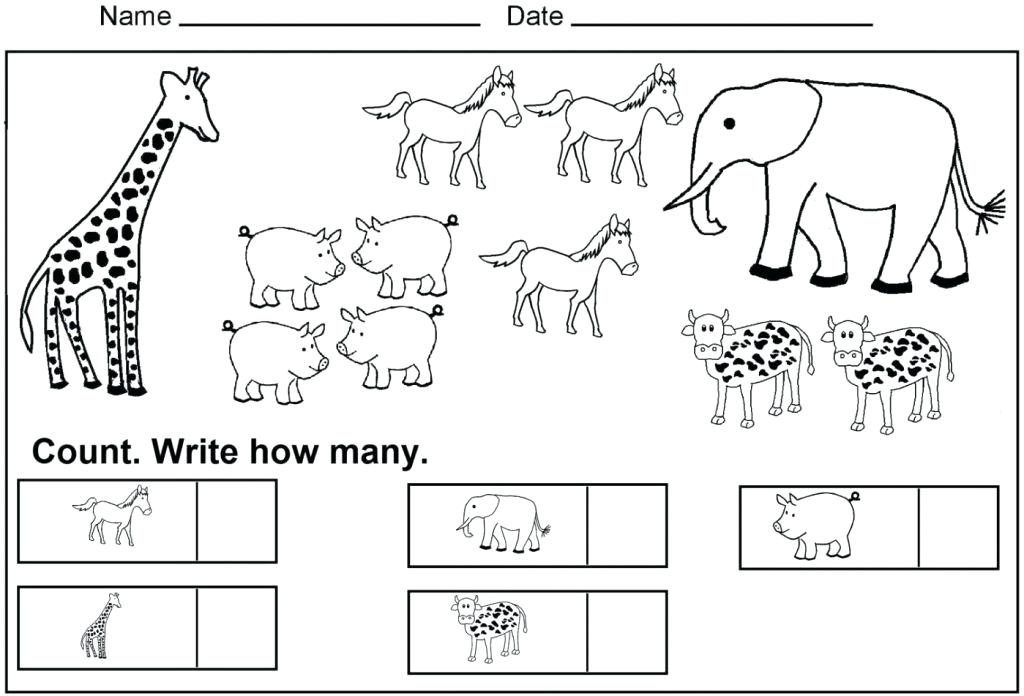
- fragments of the film “Childhood. Adolescence. Youth "(1973 year, staged by P. Fomenko).
Course of the lesson
1. Organizational moment
2. Challenge stage
1) Actualization of experience: Hello guys! (Music from the film “Childhood. Adolescence. Youth” (1973, staged by P. Fomenko) sounds. Let's remember what stages a person goes through in his development? At home in notebooks you had to draw a silhouette of a person. with a capital letter, add quotes: "Childhood", "Adolescence", "Youth", "Youth" ... (on the board, the teacher places cards with the stages of human development in a pre-drawn silhouette). development" of an unknown twenty-three-year-old youth. The story "Youth" was never written, but the other three parts that made up the trilogy (remove the word "Youth" from the board, add curly brackets to the words "Childhood", "Boyhood", "Youth" , sign on the board - a trilogy), appeared in print, and many saw in the young man " the beautiful hope of Russian literature . ” Years later, contemporaries wrote: “The greatest and only genius of modern Europe, the greatest pride of Russia ...” (A. Blok). “His face is the face of humanity” (D. Merezhkovsky). “Not knowing ..., one cannot consider oneself as knowing one's country, one cannot consider oneself a cultured person” (M. Gorky) Slide 1 .
” Years later, contemporaries wrote: “The greatest and only genius of modern Europe, the greatest pride of Russia ...” (A. Blok). “His face is the face of humanity” (D. Merezhkovsky). “Not knowing ..., one cannot consider oneself as knowing one's country, one cannot consider oneself a cultured person” (M. Gorky) Slide 1 .
What do you guys think about whom these words were said ? (Children make guesses). Yes, of course, about Leo Nikolayevich Tolstoy, a world-class writer . Do you remember anything about him?
A student's story. (Slide 2). Leo Tolstoy was 23 years old when he decided to write the history of his life, to trace the process of man's spiritual development. He was then at a crossroads: interrupted studies at Kazan University, unsuccessful attempts at reform at Yasnaya Polyana, the family estate he inherited after the death of his parents, material difficulties, lack of a clear goal in life, thoughts about his future fate . .. At this time, Tolstoy was in the Caucasus, where he moved on the advice of his brother Nikolai in order to rediscover himself. The first part of the trilogy, the story "Childhood", appeared in the Sovremennik magazine in September 1852 (the author was only 24 years old) under the title "The Story of My Childhood" and signed: L.N. The title, given by the editors without the knowledge of Tolstoy, he did not like. He considered it contrary to the "thought of the composition." L.N. Tolstoy said: “Who is interested in the history of my childhood?” Creating images of the heroes of the story, the writer used his personal impressions and experiences, but the story is only partly autobiographical in nature (add the word “autobiographical” to the word “trilogy”, give the translation of the word ) Slide 3. L.N. Tolstoy claimed that he wrote not only about his childhood, but also about what is in the childhood of every person.
.. At this time, Tolstoy was in the Caucasus, where he moved on the advice of his brother Nikolai in order to rediscover himself. The first part of the trilogy, the story "Childhood", appeared in the Sovremennik magazine in September 1852 (the author was only 24 years old) under the title "The Story of My Childhood" and signed: L.N. The title, given by the editors without the knowledge of Tolstoy, he did not like. He considered it contrary to the "thought of the composition." L.N. Tolstoy said: “Who is interested in the history of my childhood?” Creating images of the heroes of the story, the writer used his personal impressions and experiences, but the story is only partly autobiographical in nature (add the word “autobiographical” to the word “trilogy”, give the translation of the word ) Slide 3. L.N. Tolstoy claimed that he wrote not only about his childhood, but also about what is in the childhood of every person.
2) Creation of a problem situation.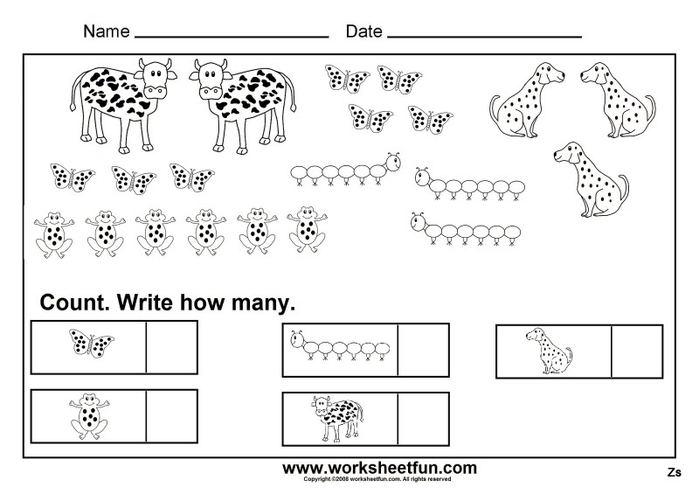
- Guys, are you curious to know why at the age of 23 L. Tolstoy decided to write about childhood, and not about youth? What was the childhood of the great genius? (Children express their opinion).
Write down the topic of the lesson: Leo Tolstoy (1828 – 1910). Autobiographical trilogy. The story "Childhood". Let's take a closer look at chapter "Maman" and "Childhood". Slide 4.
3) Awareness and formulation of the problem:
- Guys, who wants to grow up as soon as possible?
- And who wants to be an eternal child?
Everyone dreams of growing up as soon as possible. And why, then, is childhood for us, and for Leo Nikolayevich Tolstoy?
Let's try to formulate the questions that we want to get answers to during our lesson. This will become the goal of of our lesson.
Why Leo Tolstoy decided to write about childhood?
What was the great writer's childhood like?
The role of the mother in shaping the writer's personality?
What is the role of childhood in a person's life?
How does LN Tolstoy show the formation of the character of the protagonist ?
Leo Tolstoy has his own secret, by revealing which we will learn to understand the writer.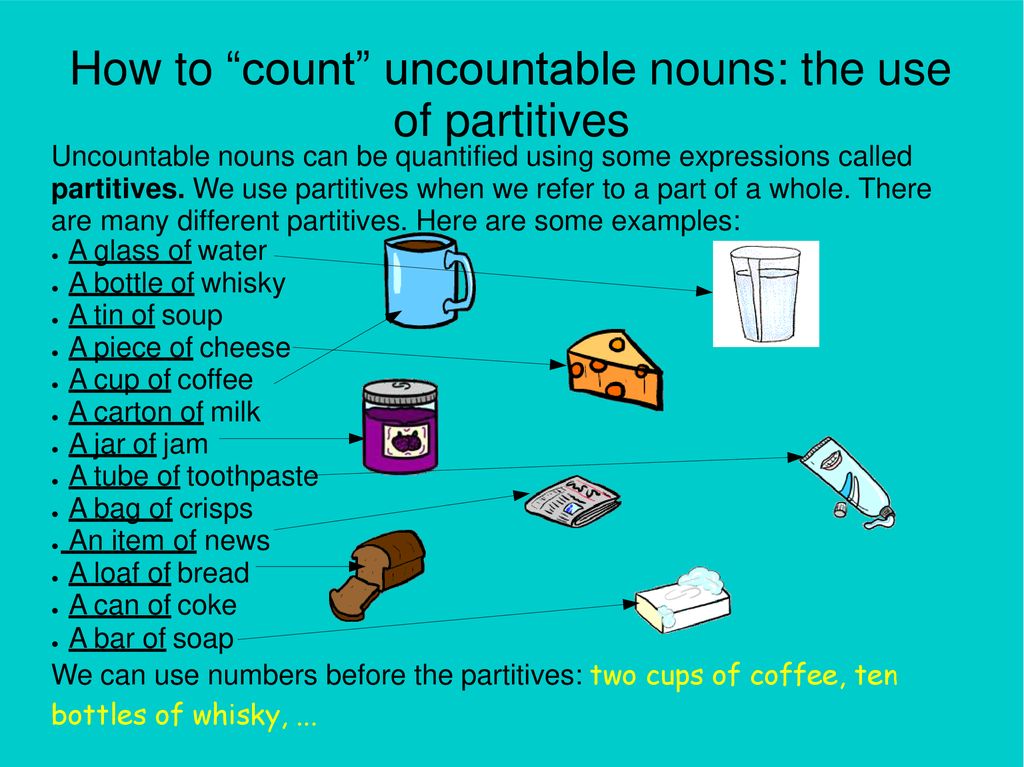 What is Leo Tolstoy's "secret"? ( Slide 5 )
What is Leo Tolstoy's "secret"? ( Slide 5 )
3. Content stage
Building knowledge.
1) Choice of research methods: Guys, where can we find answers to our questions? (Children make assumptions, calling, of course, the story "Childhood").
2) Collection of information:
1. Heuristic conversation.
- What associations does this word “ childhood ” evoke in you? (The guys call the words - a association ). 1, 3 group - people; 3.4 group - objects, institutions; 5, 6 group - feelings, emotions. ( Slide 6 )
You have drawn association illustrations for the word "childhood". (Exhibition arranged). The teacher pays attention to who and what children associate with the word "childhood".
- What is the role of childhood in the life of every person? Why do we have childhood?
L.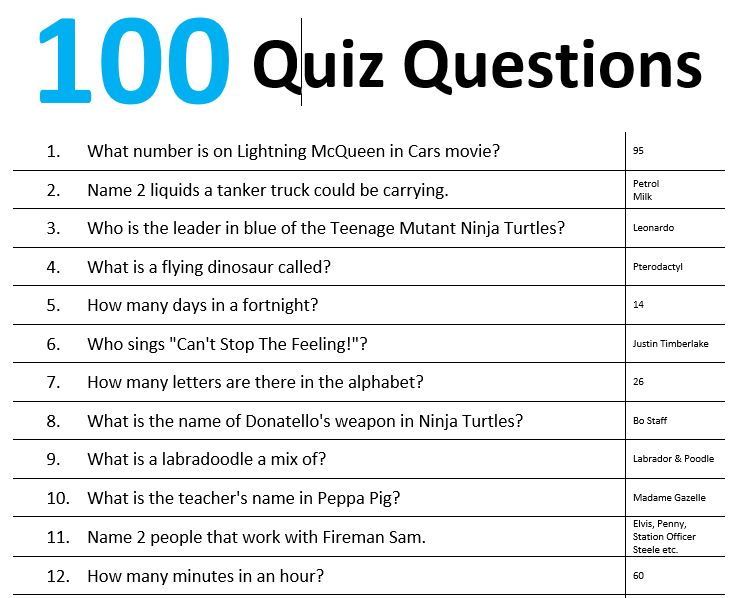 Tolstoy in the story "Childhood" wrote: "Happy, happy, irretrievable time of childhood! How not to love, not to cherish the memories of her? These memories refresh, elevate my soul and serve as a source of the best pleasures for me . ( Slide 7 ).
Tolstoy in the story "Childhood" wrote: "Happy, happy, irretrievable time of childhood! How not to love, not to cherish the memories of her? These memories refresh, elevate my soul and serve as a source of the best pleasures for me . ( Slide 7 ).
Memories of childhood "elevate the soul", i.e. they make you be better, be like the wonderful people you met on the path of life, remember and love the closest people - mother and father. (Students give their opinion).
Slide 8 .
Childhood is a very valuable and important time in a person's life : First of all, it is the happiest and most carefree time. Secondly, you are surrounded by sincere love and care of the closest and dearest people. Third, in childhood a person's character is formed
- How does a child's character develop? Who influences this process ? (Children express their opinion). Slide 9 .
Slide 9 .
2. Teacher's story. Indeed, the main role in shaping a person's character is played by the family, parents, atmosphere a in which he grows up.
By origin, Lev Nikolaevich belonged to the oldest aristocratic families in Russia. In the family, in addition to Lev Nikolaevich, there were three more sons: Nikolai, Sergey, Dmitry and daughter Maria, the writer's sister. Unfortunately, the children were orphaned early: Maria Nikolaevna, their mother, died in 1830, Nikolai Ilyich, their father, in 1837. After the death of their parents, their distant relative Tatyana Aleksandrovna Yergolskaya became the teacher of the children. She kept the children's writings of Leo Tolstoy. (10)
Since 1841, the children lived in Kazan with their aunt-guardian Pelageya Ilyinichna Yushkova. The house where little Lyovushka grew up has not been preserved. But let's try to imagine what the nursery looked like (slide 11).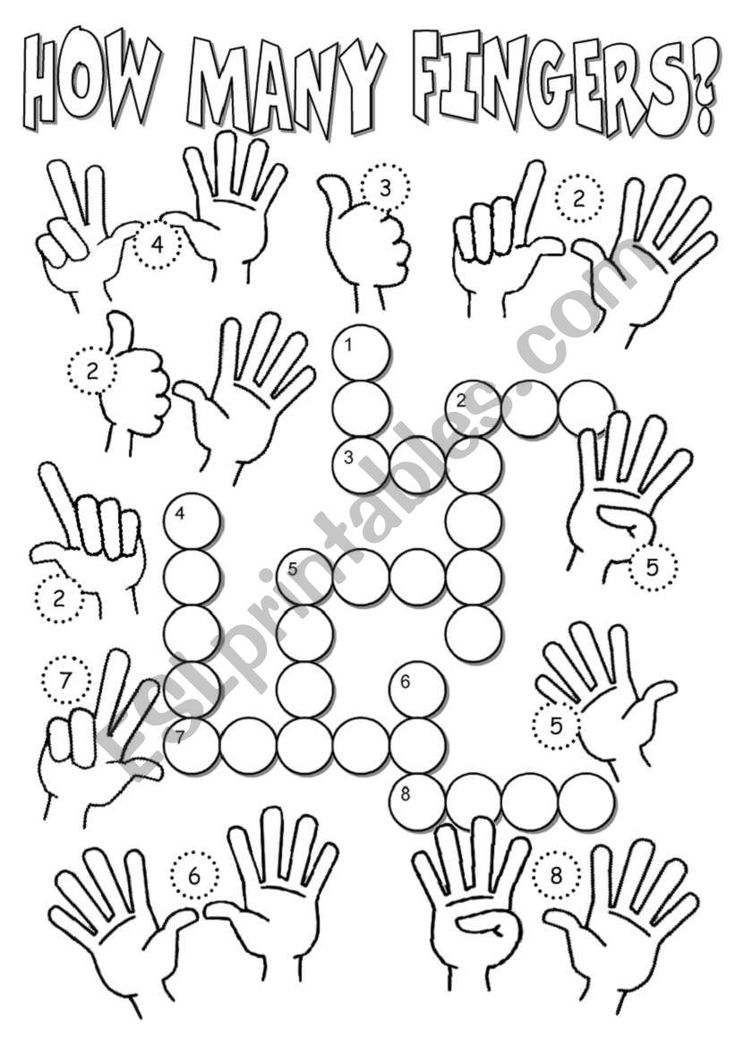 Tourists from all over the world visit his Yasnaya Polyana house. It is of a later construction time (slide 12), this is how one of the rooms looks like (slide 13).
Tourists from all over the world visit his Yasnaya Polyana house. It is of a later construction time (slide 12), this is how one of the rooms looks like (slide 13).
Student's story . The most powerful influence on the spiritual formation of the future writer in childhood was the mother, or rather her imaginary image. Tolstoy did not remember his mother, because she died when he was not even two years old.
In the often repeated stories of relatives and friends, the boy never heard a bad word about his mother - on the contrary, everyone spoke about her kindness, sensitivity, expressed their love for her for her fair attitude towards everyone in the house. “Maria Nikolaevna, Tolstoy’s mother, faced with injustice, used to blush all over, cry, but never say a rude word.”
From the letters and notebooks left after her mother's death, Tolstoy had reason to conclude that she was smart, well-educated, well-read, knew French, German, English and Italian, played the piano well, had some artistic talent.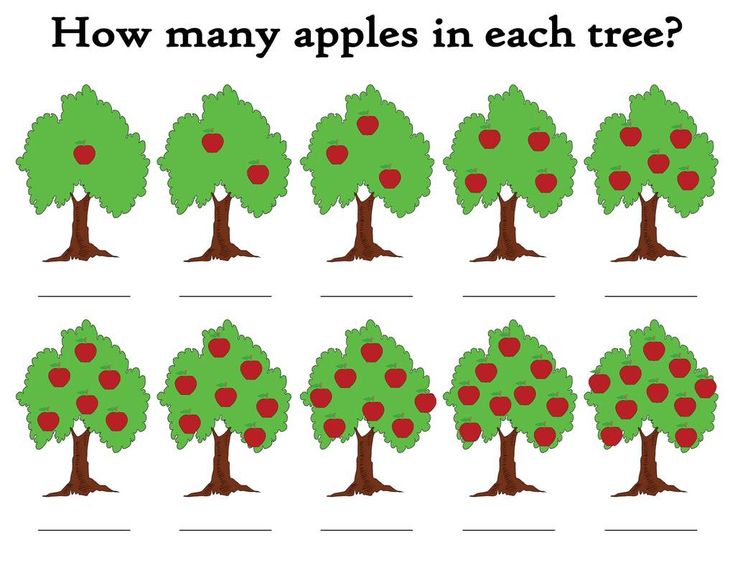 She wrote ( slide 15, 16 ).
She wrote ( slide 15, 16 ).
Obviously, the writer, who does not remember his mother, embodied in the image of maman a certain ideal of a woman-mother. In L. Tolstoy's story, the protagonist's mother dies when he is 10 years old. Probably, having lost his mother at an early age, at least in a work of art he tried to extend her days, to resurrect her image.
Let's hear how maman appears in the story.
How does he see her? (Reading by heart passages from the story by trained students)
Guys, we listened to excerpts from the story, at home you should have read the chapters "Maman" and "Childhood". Did you like excerpts from the work?
Tolstoy - the writer has his own secret and his own secret, which we will begin to unravel. Note: what form of speech is used? (Monologue).
Work with the text of the chapter "Childhood" and "Maman" (printouts)
- Group 1: the attitude of Nikolenka's mother to the servants (chapter "Maman") - with great respect and care.
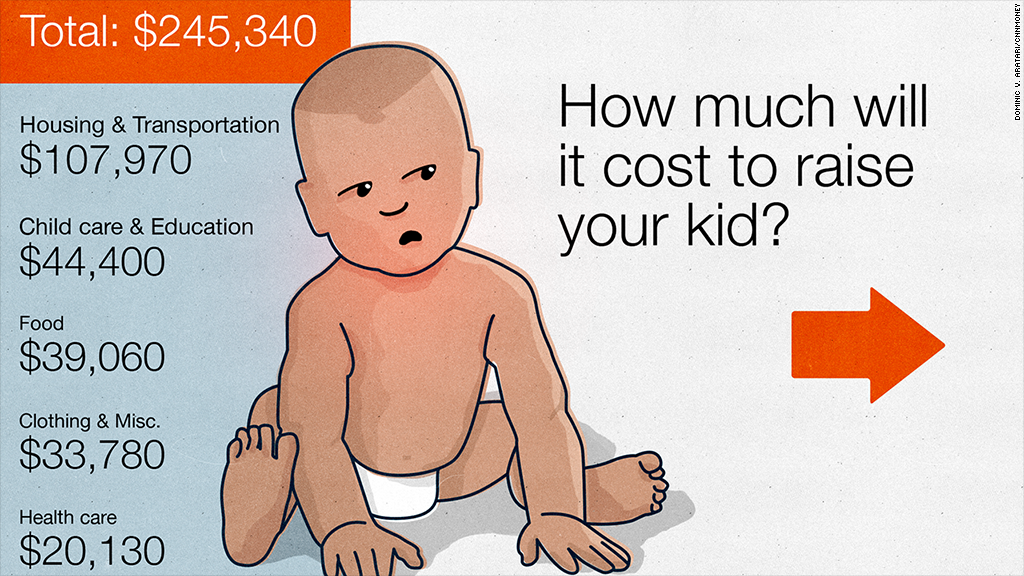
- Group 2: find sentences and phrases where the words “love”, “love” sound, highlight them in the text, count the number, determine their role everyone loves him and he loves everything.The heart of this ten-year-old boy is full of love for the people around him, and he generously shares it with his loved ones)
- Group 3: characterize the speech, the manner of communication between mother and son (mark the words and phrases, how the boy addresses his mother and the mother addresses her son): "my darling", "my angel".
- 4th group: mother's feelings, thoughts, actions, attitude towards her son; (“ her fingers move quickly and tickle me.” “She kisses me on the forehead and puts me on her knees”)
- 5 group: feelings, thoughts, actions of the boy, attitude towards mother; “by one touch you will recognize her and even in your sleep you will involuntarily grab this hand and firmly, firmly press it to your lips.
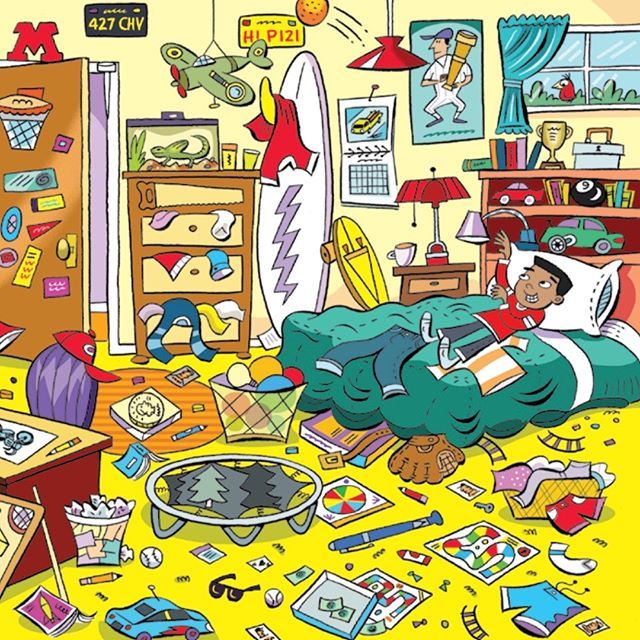 ”
”
A kind, sensitive, caring, gentle and loving woman, the mother of Nikolenka Irteneva, embodied all the traits of the writer's mother. - Group 6: what does Nikolenka think about, what worries him, worries, who is he worried about? ( About Karl Ivanovich, about parents )
- What does Mother Nikolenka think of?
- Find the lines of the story that describe maman's appearance. (“When I try to remember my mother as she was at that time, I imagine only her brown eyes, always expressing the same kindness and love, a mole on her neck, a little lower than where little hairs curl, an embroidered white collar, a tender dry hand who caressed me so often and whom I kissed so often, but the general expression eludes me.”) (p. 151)
- Why did the mother's face become amazingly beautiful?
- What does Tolstoy say about the beauty of the face? Find and read these lines. (“It seems to me that what is called the beauty of the face consists in one smile: if a smile adds charm to the face, then the face is beautiful; if it does not change it, then it is ordinary; if it spoils it, then it is bad.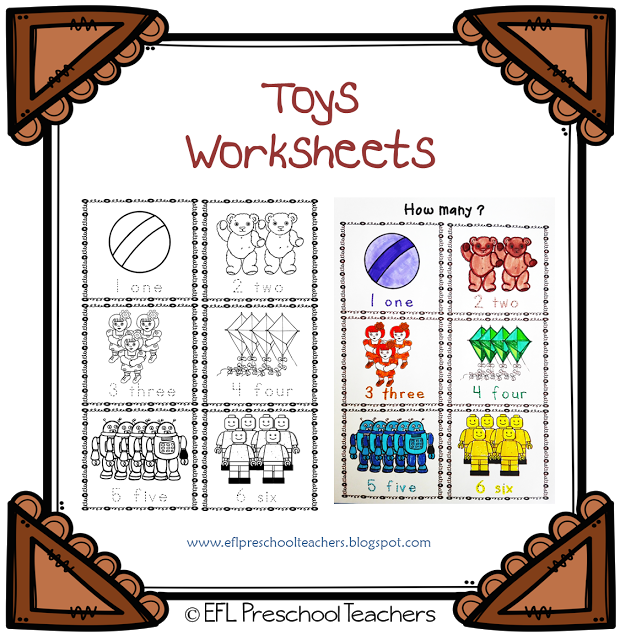 ”) (with 152)
”) (with 152)
- Do you agree with this statement? If yes, why?
- What is Nikolenka's relationship with her mother?
- Do you remember what else the hero says when he remembers his mother's smile? Find these words and read. (“If in the difficult moments of my life I could even catch a glimpse of this smile, I would not know what grief is.”) (p. 152)
- What do these words say?
- What does mother call Nikolenka? (“My angel”, “my darling.”)
- How does he answer her? How does this characterize him?
Conclusion: The image of mother.
Nikolenka Irteniev remembers his mother with tenderness, love and gratitude, as about something the brightest in your life. From childhood, the sounds of her voice, sweet and friendly, her gentle, affectionate look, the “wonderful, gentle” hands of her mother, crashed into the boy’s memory. Nikolenka guessed the presence of his mother even in a dream: “by one touch you recognize her and even in a dream you involuntarily grab this hand and firmly, firmly press it to your lips. ”
”
Addresses of a mother to her son are always very affectionate : “my darling”, “my angel”.
Treating children with love, the mother tried to educate them in many ways. The children read a lot, learned to play the piano and dance. (Fragment of the film)
The tenderness of nature of the mother is also manifested in her relationship with her nanny, and then the housekeeper Natalia Savishna. Wanting to thank the woman for her love and devotion, the mother gave her free.
A kind, sensitive, caring, gentle and loving woman, Nikolenka Irtenyeva's mother, embodied all the traits of the writer's mother. (Slide Leo Tolstoy)
Image of Nikolenka Irteniev .
The image is largely autobiographical. From the first pages of the story, Nikolenka appears to the reader as a thoughtful, impressionable boy. In Tolstoy's first autobiographical story "Childhood", its hero, Nikolenka Irteniev, who is in many respects biographically and mentally close to the author, speaks of the early years of his life: "Happy, happy, irrevocable time of childhood! How not to love, not to cherish the memories of her? These memories refresh, elevate my soul and serve as a source of the best pleasures for me.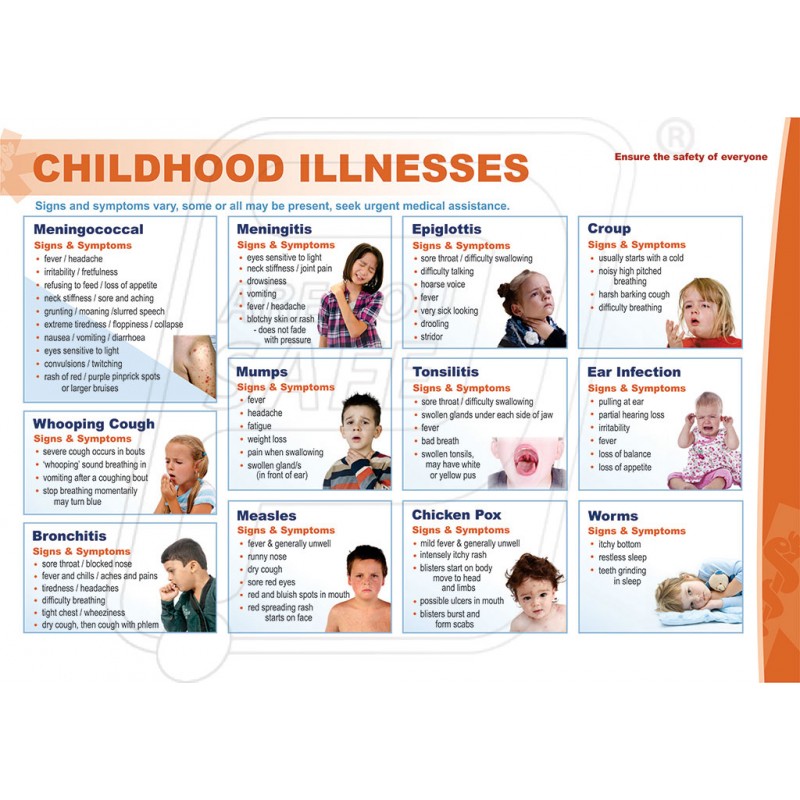
This ten-year-old boy has a heart full of love for the people around him, and he generously shares it with his loved ones. How touching is his concern for the teacher Karl Ivanovich: “God grant him happiness, give me the opportunity to help him, ease his grief; I am ready to sacrifice everything for him.”
Nikolenka loves nature and : he is ready for hours to watch the fussy life of an anthill, to admire the flight of butterflies, to inhale the scent of flowers.
However, boys are not angels, and Nikolenka, like all his peers, indulges and plays naughty. But, having committed some misconduct, "sin", Nikolenka sincerely and deeply repents, worries.
The protagonist of Leo Tolstoy's story "Childhood" Nikolenka Irteniev - a complex and contradictory character. The author describes him as an ugly, disheveled boy of ten who is constantly suffering from "the consciousness of his stupidity.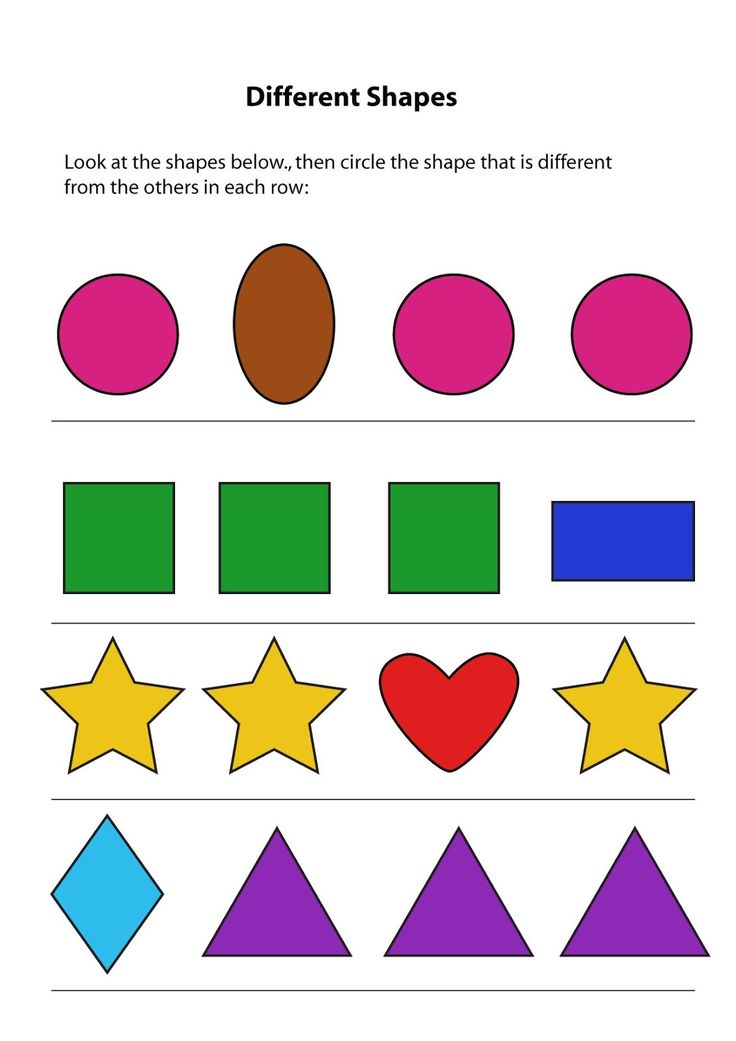 " However, it quickly becomes clear that in fact he is very smart and has a fine mental organization.
" However, it quickly becomes clear that in fact he is very smart and has a fine mental organization.
Any event, even insignificant, leaves a deep mark in the heart of Nikolenka.
Nikolenka is very impressionable. Having imagined that he had a bad dream, “as if his mother had died and they were carrying her to be buried,” he becomes upset and plunges into the experience of his gloomy thoughts with all his being.
At the same time, the boy is inclined to sympathy and empathy. Thinking about the fate of his mentor, he sincerely feels sorry for him: “Poor old man! There are many of us, we play, we have fun, but he is all alone, and no one caresses him, he is an orphan. (Fragment of the film)
- Guys, you always critically evaluate your actions. Have there been any actions for which you blame yourself? (Students recall events from their lives). Thus, self-education plays a large, if not the main role in the formation of personality ( return to slide 9).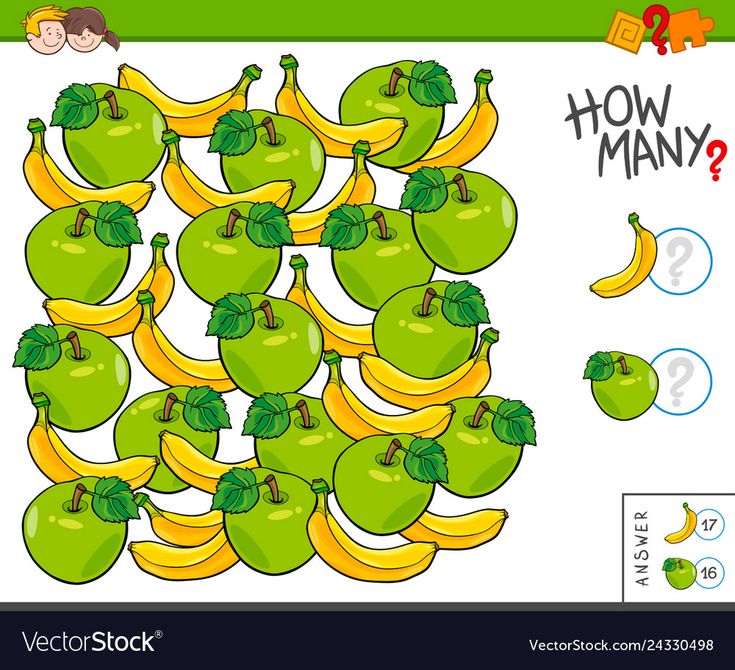 This should not be forgotten. (In L.N. Tolstoy, out of 90 volumes of collected works, 13 volumes make up diaries . Reading them, we see how L.N. Tolstoy constantly, throughout his life, worked on himself. The last entry was made 4 days before of death).
This should not be forgotten. (In L.N. Tolstoy, out of 90 volumes of collected works, 13 volumes make up diaries . Reading them, we see how L.N. Tolstoy constantly, throughout his life, worked on himself. The last entry was made 4 days before of death).
Reflection stage. What did we talk about today? (About the role of childhood in a person’s life. We imagined what the childhood of L.N. Tolstoy himself was like, because the story is autobiographical in nature. We understood what role mother played in the life of L.N. Tolstoy. How does Tolstoy show the formation of personality? Who influences the formation personality of the child?Meet the main character and his teacher.).
Group work . (Slide 20) And now, working in groups, we will try to write syncwines, summarize our work (the teacher recalls the rules for writing syncwine, gives an example). Slide 21.
Sinkwine is not a simple poem, but a poem written according to the following rules:
- 1 line - one noun expressing the main theme of sinkwine.
